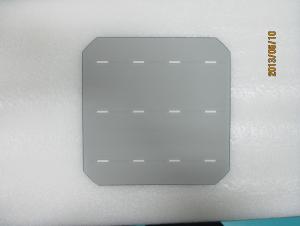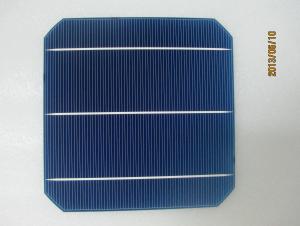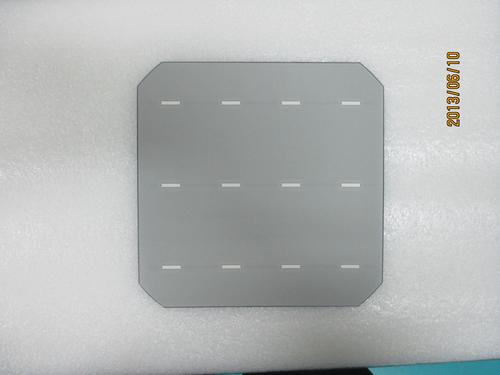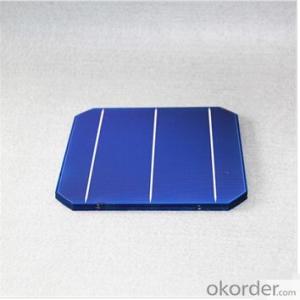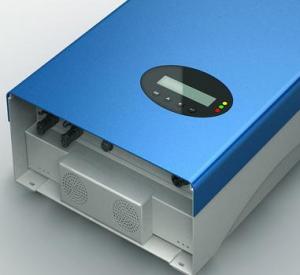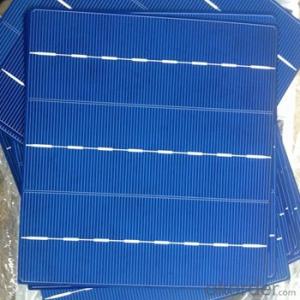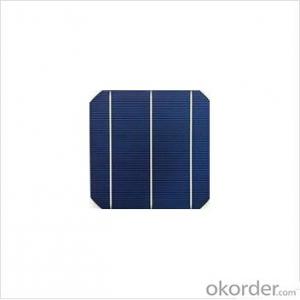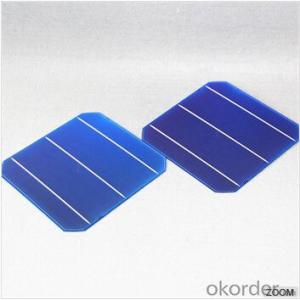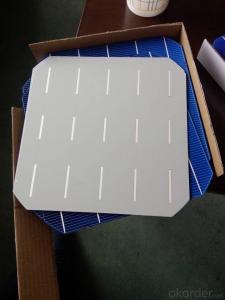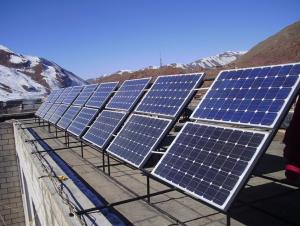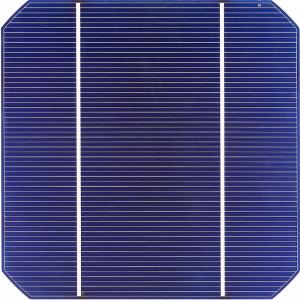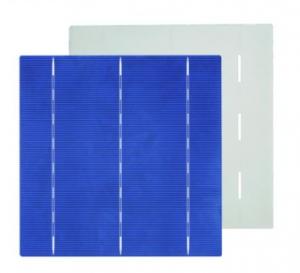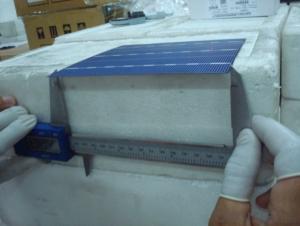Fourth Generation High Efficiency Monocrystal Solar Cell
- Loading Port:
- Shanghai
- Payment Terms:
- TT or LC
- Min Order Qty:
- 1000 pc
- Supply Capability:
- 2000000 pc/month
OKorder Service Pledge
OKorder Financial Service
You Might Also Like
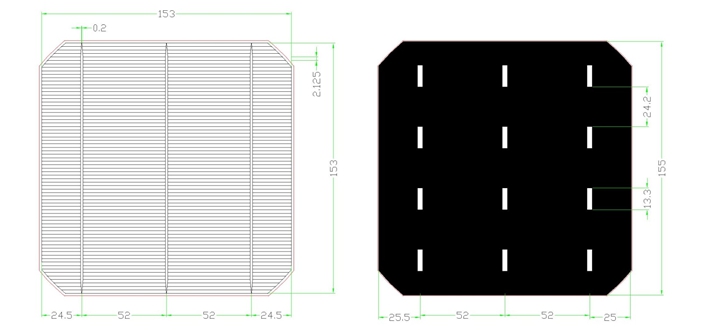
MONOCRYSTAL SOLAR CELL
type:156M
appearance:156×1565㎜±0.5mm;diagonal:R=100mm
Main fence wide:1.5mm back electrode wide:2.8mm
Fence line qty:90
Cell thickness:220±20
Eff(%) | 17.70- 17.80 | 17.80- 17.90 | 17.90- 18.00 | 18.00- 18.10 | 18.10- 18.20 | 18.20- 18.30 | 18.30- 18.40 | 18.40- 18.50 | 18.50- 18.60 | 18.60- 18.70 | 18.70- 18.80 | 18.80- 18.90 |
Pm(W) | 4.23 | 4.25 | 4.28 | 4.30 | 4.33 | 4.35 | 4.37 | 4.40 | 4.42 | 4.44 | 4.47 | 4.49 |
Isc(A) | 8.68 | 8.69 | 8.70 | 8.71 | 8.73 | 8.76 | 8.77 | 8.78 | 8.82 | 8.83 | 8.85 | 8.86 |
Im(A) | 8.13 | 8.15 | 8.17 | 8.19 | 8.21 | 8.24 | 8.26 | 8.30 | 8.33 | 8.35 | 8.39 | 8.42 |
Voc(V) | 0.626 | 0.627 | 0.628 | 0.630 | 0.631 | 0.632 | 0.633 | 0.634 | 0.634 | 0.635 | 0.636 | 0.637 |
Vm(V) | 0.522 | 0.523 | 0.525 | 0.527 | 0.528 | 0.529 | 0.531 | 0.531 | 0.532 | 0.534 | 0.534 | 0.535 |
FF(%) | 78.1 | 78.3 | 78.5 | 78.6 | 78.7 | 78.8 | 79.0 | 79.2 | 79.3 | 79.5 | 79.6 | 79.8 |

FACTORY PICTURE OF SOLAR CELL
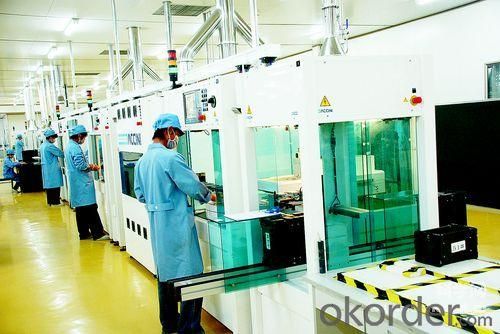
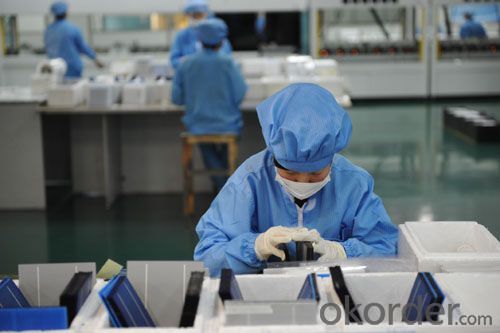
FAQ
We have organized several common questions for our clients,may help you sincerely:
What’s price per watt?
A: It’s depends on the quantity, delivery date and payment terms of the order. We can talk further about the detail price issue. Our products is high quality with lower price level.
Can you tell me the parameter of your solar cells?
We have different series of cells with different power output, both from c-si to a-si. Please take our specification sheet for your reference.
How do you pack your products?
We have rich experience on how to pack the panels to make sure the safety on shipment when it arrives at the destination.
Can you do OEM for us?
Yes, we can.
How long can we receive the product after purchase?
In the purchase of product within three working days, We will arrange the factory delivery as soon as possible. The perfect time of receiving is related to the state and position of customers. Commonly 7 to 10 working days can be served.
- Q: Can solar cells be used for outdoor lighting?
- Yes, solar cells can be used for outdoor lighting. Solar-powered lights are designed to convert sunlight into electricity, which is stored in batteries and used to power the lights during the night. They are an environmentally-friendly and cost-effective solution for outdoor lighting, as they do not require an electrical grid connection and can operate independently.
- Q: Can solar cells be used for powering electric water heaters?
- Yes, solar cells can be used to power electric water heaters. By harnessing sunlight and converting it into electricity, solar cells can provide a sustainable and renewable energy source to heat water in electric heaters. This helps reduce reliance on traditional power grids and contributes to a greener and more eco-friendly way of heating water.
- Q: Can solar cells be used for off-grid power supply?
- Yes, solar cells can be used for off-grid power supply. Solar cells, also known as photovoltaic cells, convert sunlight into electricity. These cells can be used to generate electricity in remote areas or locations where the traditional power grid is unavailable or unreliable. Solar panels can be installed on rooftops or in open spaces to capture sunlight and produce electricity, which can then be stored in batteries for use during non-sunlight hours or when needed. This makes solar cells an efficient and sustainable solution for off-grid power supply.
- Q: Can solar cells be used in aircraft applications?
- Yes, solar cells can be used in aircraft applications. They are commonly used in solar-powered aircraft to convert sunlight into electrical energy, which can then be used to power the aircraft's systems and/or charge its batteries. Solar cells can help reduce the reliance on fossil fuels, increase flight time, and contribute to more sustainable aviation.
- Q: What is the maximum efficiency possible for a solar cell?
- The maximum efficiency possible for a solar cell is currently around 46%.
- Q: How do solar cells affect the grid?
- Solar cells affect the grid by generating electricity from sunlight and feeding it into the grid. This has the potential to reduce the demand for electricity from traditional sources, lower carbon emissions, and contribute to a more sustainable and decentralized energy system. However, the intermittent nature of solar power can also pose challenges for grid stability and require the integration of energy storage and smart grid technologies.
- Q: Can solar cells be used in sports stadiums or arenas?
- Yes, solar cells can be used in sports stadiums or arenas. They can be installed on the roof or integrated into the facade to harness solar energy and generate electricity. This renewable energy source can help power the stadium's operations, reducing reliance on traditional energy sources and decreasing carbon emissions.
- Q: Is A grade better than the B grade when we buy the poly solar cells.
- We did a test based on 10 poly solar cells we bought in the market, and it turns our 5 of the poly solar cells claimed to be A grade product is just the same as the B grade.
- Q: What factors affect the output of a solar cell?
- The factors that affect the output of a solar cell include the amount of sunlight it receives, the efficiency of the cell itself, the temperature, and any shading or obstructions that may block the sunlight.
- Q: Can solar cells be used to power outdoor signage?
- Yes, solar cells can be used to power outdoor signage. Solar panels or cells can be installed on or near the signage to harness sunlight and convert it into electricity. This renewable energy source can provide a sustainable and cost-effective solution for powering outdoor signage, reducing dependence on traditional power sources.
Send your message to us
Fourth Generation High Efficiency Monocrystal Solar Cell
- Loading Port:
- Shanghai
- Payment Terms:
- TT or LC
- Min Order Qty:
- 1000 pc
- Supply Capability:
- 2000000 pc/month
OKorder Service Pledge
OKorder Financial Service
Similar products
Hot products
Hot Searches
Related keywords
